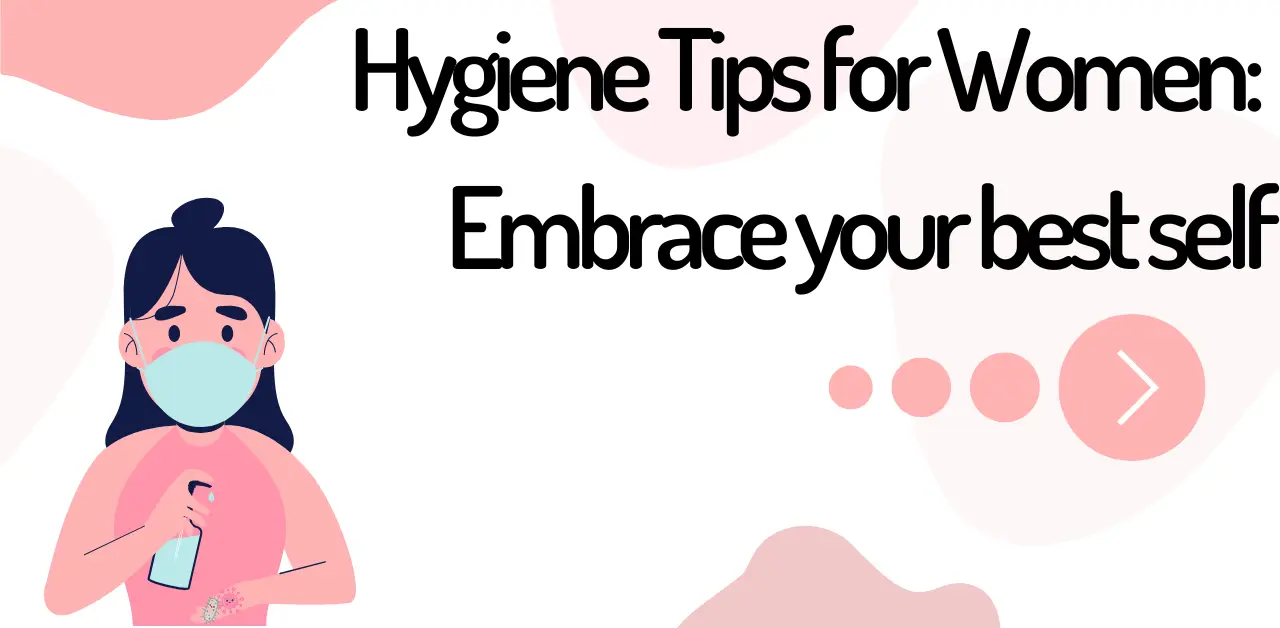As a doctor, I often see women who are not sure what good personal hygiene is and how to maintain it. Many of them feel embarrassed to discuss these issues, which may lead to health problems. This post breaks the silence and empowers you with knowledge on how to prioritize your well-being.
Written By: Dr. Sarita Dhawan, 25 Years experience in Medical Field
Reviewed By: Dr. Simran Dhawan
What is Personal Hygiene?
Personal hygiene is the practice that helps maintain cleanliness and health of your body, especially the intimate areas. It is not just about looking clean; it is about preventing infections and maintaining a healthy balance of your body’s natural flora.
Why is it Important for Women?
Women’s bodies are different, especially in the vaginal area. This region is an ecosystem of bacteria that is very sensitive and maintains a healthy pH balance to avoid infections. Disruption of this balance can lead to several issues, such as:
Yeast infections: Overgrowth of Candida fungus.
Bacterial vaginosis (BV): An imbalance in vaginal bacteria.
Urinary tract infections (UTIs): Bacteria entering the urinary tract.
Other infections: Including sexually transmitted diseases (STDs).
Also Read: Understanding Vaginal Discharge
How to Know if Your Hygiene is on Point:
While some symptoms may be apparent and even a nuisance, others will be subtle. Here’s what to look out for:
Odor: A slight, musky odor is normal. Any strong, foul, or fishy odor might indicate an infection.
Discharge: Vaginal discharge is normal. Typically, it will be clear or white. But if the discharge changes color, becomes thick, clumpy, or excessive, that can indicate a problem.
Itching or burning: Irritation in your vaginal area can be a concern.
Pain during intercourse can be a sign of an infection or other underlying problems.
Urinary changes: Burning and frequent urination, or clouded urine may suggest the presence of a UTI.
Home Self-Check:
Even though a visit to your doctor is essential for diagnosis and treatment, here’s what you can do for some basic self-checking at home:
Visual check: Keep track of the color and consistency of your discharge. Any dramatic changes require a visit to your doctor.
Odor detection test: Be on the lookout for unusual or offensive smells.
Vaginal discomfort test: Note any itchiness, burning, or discomfort you feel.
Subjective Parameters (What you can check at home):
You cannot get an accurate measure of your vaginal pH or balance of bacteria from home. This needs a medical professional. pH tests at home are possible but not reliable. They often mislead people and can cause delayed treatment or treatment that isn’t needed.
Practiced Hygiene:
Clean the outside of the vulva daily : Use warm water and a mild fragrance-free soap. Douching disrupts the natural balance of your vaginal flora, so do not douche.
Wipe from front to back: This helps prevent bacteria from entering from the anus.
Use cotton underwear breathable: Cotton lets air get through; it does not let bacteria and yeast multiply as quick in this environment.
Change sanitary products regularly: You may want to switch over pads or tampons every 4-6 hours, or more if needed.
Safe sex: Use condoms to prevent sexually transmitted diseases.
Healthy diet: A healthy diet helps in general health, including vaginal health.
Hydration: Drink enough water to help flush out toxins and maintain the proper functioning of the body.
Regular checkup: Schedule regular checkups with your gynecologist. Never hesitate to talk about any concerns you have.
Read Our Blogs: Women intimate care routine and products
When to See a Doctor:
If you have any of the following, it is important to see your doctor:
Changes in odor or discharge.
Itching, burning, or pain in the vaginal area.
Pain during intercourse.
Bleeding at unexpected times (mid cycle bleeding)or after intercourse.
Changes in urination.
Remember: Taking care of your hygiene is a self-care act. With knowledge of your body and hygiene practices, you can keep your health and hygiene intact. In case of questions or concerns, do not hesitate to ask your doctor. We are here for you!
Disclaimer: This post is for information only and not a medical advice. Please consult with your doctor for any health issues or treatment.
Also Read: 20 Feminine Hygiene Tips


I thoroughly enjoyed reading this article it is a really great piece